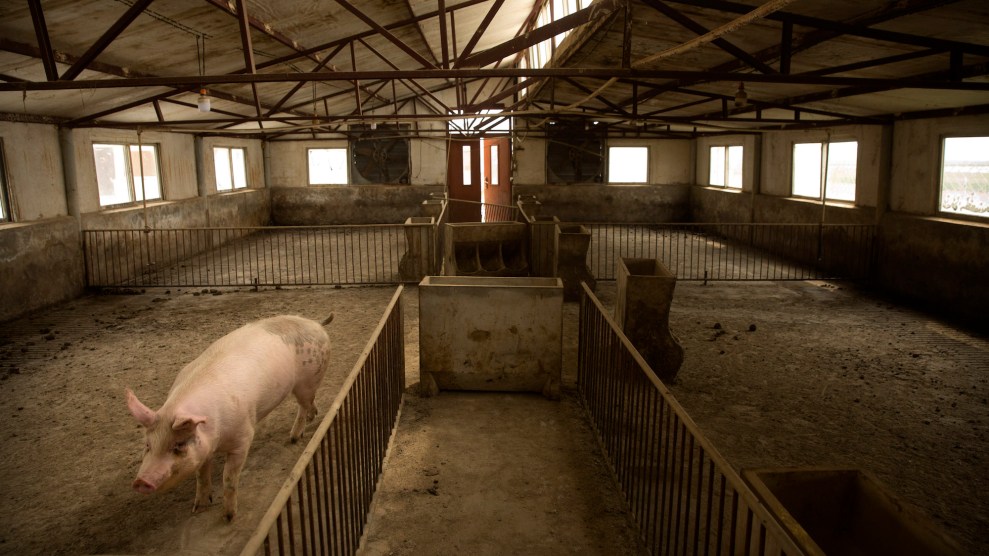WASHINGTON (AP) — Winter hit U.S. honeybees hard with the highest loss rate yet, an annual survey of beekeepers showed.
The annual nationwide survey by the Bee Informed Partnership found 37.7% of honeybee colonies died this past winter, nearly 9 percentage points higher than the average winter loss.
The survey of nearly 4,700 beekeepers managing more than 300,000 colonies goes back 13 years and is conducted by bee experts at the University of Maryland, Auburn University and several other colleges.
Beekeepers had been seeing fewer winter colony losses in recent years until now, said Maryland’s Dennis vanEngelsdorp, president of the bee partnership and co-author of Wednesday’s survey.
“The fact that we suddenly had the worst winter we’ve had ... is troubling,” vanEngelsdorp said.

In this Oct. 12, 2018 file photo, a man holds a frame removed from a hive box covered with honey bees in Lansing, Mich. According to the results of an annual survey of beekeepers released on Wednesday, June 19, 2019, winter hit America’s honeybees hard with the highest loss rate yet. (Dale G. Young/Detroit News via AP)
Continue reading at: Survey sees biggest US honeybee winter die-off yet
The annual nationwide survey by the Bee Informed Partnership found 37.7% of honeybee colonies died this past winter, nearly 9 percentage points higher than the average winter loss.
The survey of nearly 4,700 beekeepers managing more than 300,000 colonies goes back 13 years and is conducted by bee experts at the University of Maryland, Auburn University and several other colleges.
Beekeepers had been seeing fewer winter colony losses in recent years until now, said Maryland’s Dennis vanEngelsdorp, president of the bee partnership and co-author of Wednesday’s survey.
“The fact that we suddenly had the worst winter we’ve had ... is troubling,” vanEngelsdorp said.

In this Oct. 12, 2018 file photo, a man holds a frame removed from a hive box covered with honey bees in Lansing, Mich. According to the results of an annual survey of beekeepers released on Wednesday, June 19, 2019, winter hit America’s honeybees hard with the highest loss rate yet. (Dale G. Young/Detroit News via AP)
Continue reading at: Survey sees biggest US honeybee winter die-off yet








